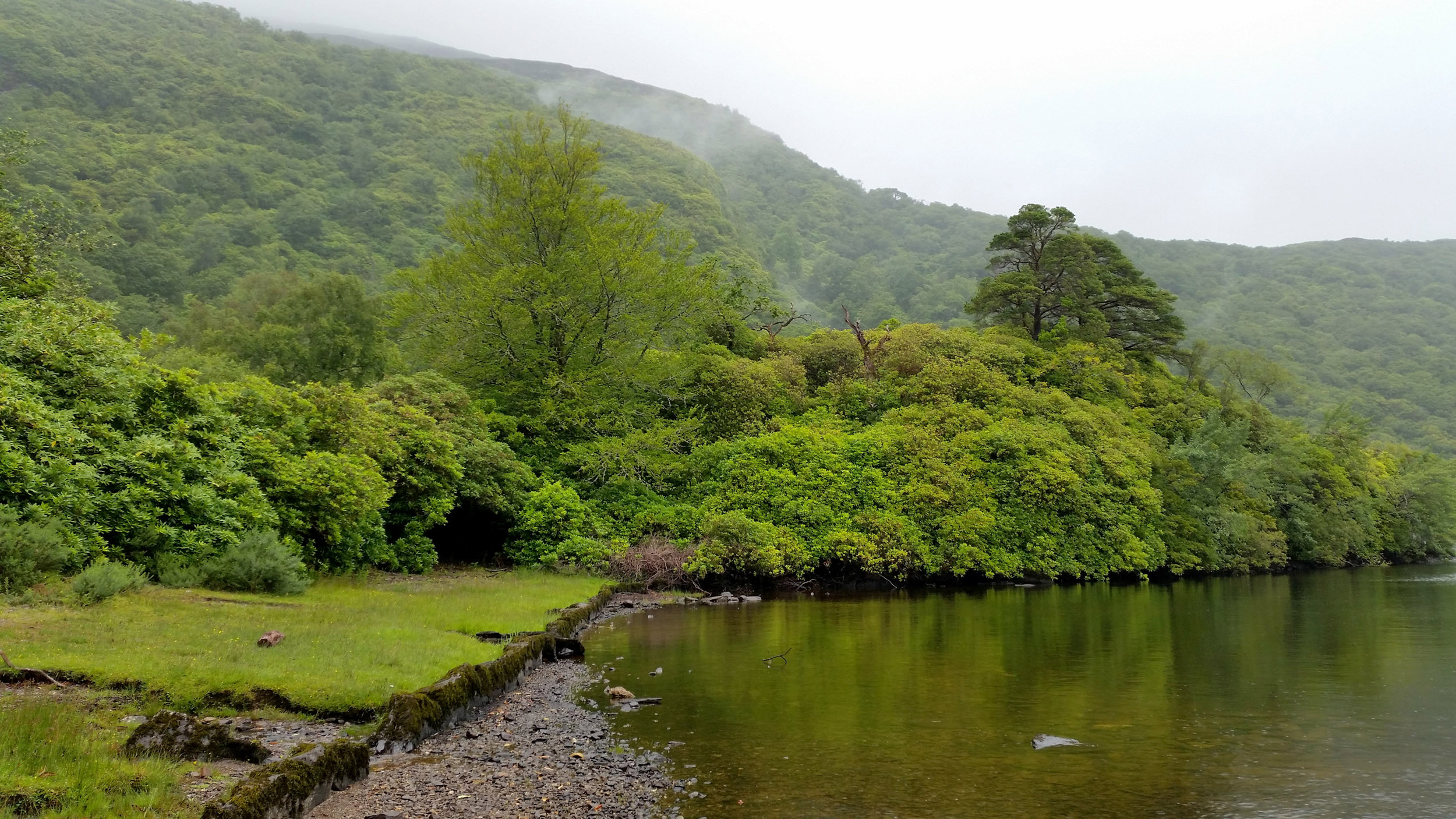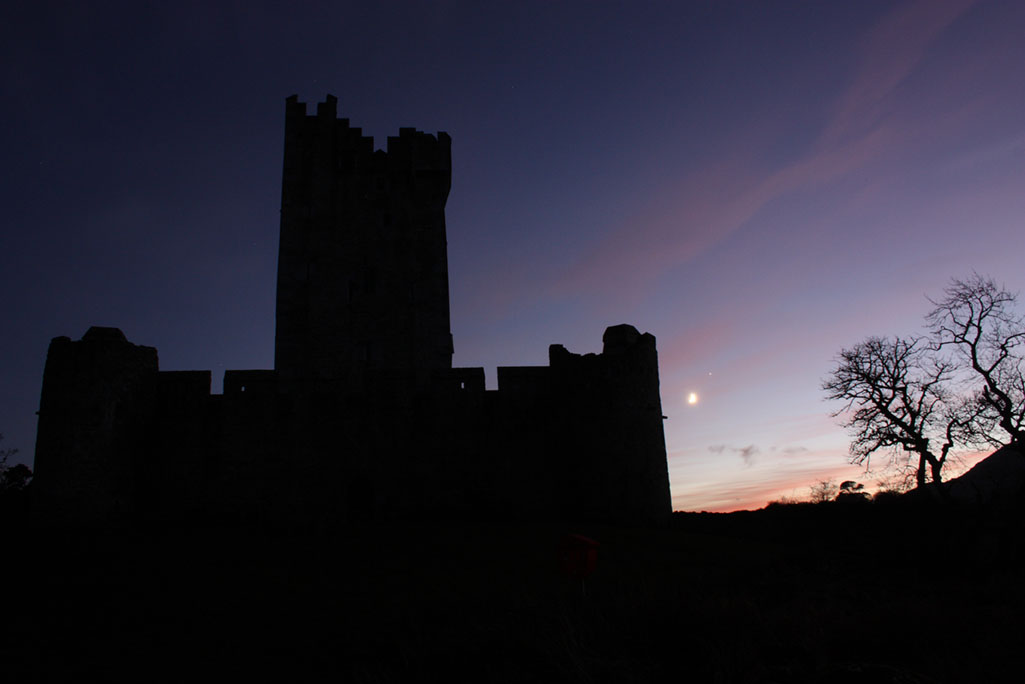
The winter night sky is a glorious sight and is dominated by the imposing constellation Orion the hunter. This prominent constellation and its bright stars act as stellar signposts helping us navigate the winter sky.

At the end of 2016 the Irish Wildlife Trust (IWT) called for Killarney National Park’s designation as a UNESCO biosphere reserve to be withdrawn. This call was backed up by the leader of the Green Party, Eamon Ryan. Both IWT and the Green Party cite mismanagement of the park, overgrazing by deer and the threat that invasive species including Rhododendron poses to the national park as being key concerns.
“Red wine in moderation is good for you”… “No it’s not, all alcohol is bad”… “More than two eggs a week are bad for you”… “No they’re not, eggs are good for you”…
Open a newspaper or fire up the internet and you are hit with an avalanche of information. Some of it news worthy, some not, but all of it fighting for your attention. It can be hard to sort out the wheat from the chaff. With the advent of digital and social media, and the proliferation of smartphones, access to information and news is at our fingertips 24/7. This can be a good thing, with citizen reporters bringing us news from the front lines and sharing unique perspectives on events. It can also be a bad thing, allowing every lunatic or corporation with an agenda and an internet connection to masquerade as a journalist.

Figures vary, but many scientists estimate that there are in the region of 5 million different species alive on our planet today. Life is everywhere. Evolution has seen to that. Wherever there is a living to be made, some species or other has adapted to fill this niche and thrive. Life can be strange and beautiful, full of wonderful adaptations and ornamentations.

With the long winter nights, Christmas in the air and children bringing home stories of the star of Bethlehem, people are more inclined to stop and take notice of the sky. The winter night sky is full of bright stars and the brightest star in the sky, Sirius, is to be found in the east late these evenings, rising earlier and earlier as the winter progresses.